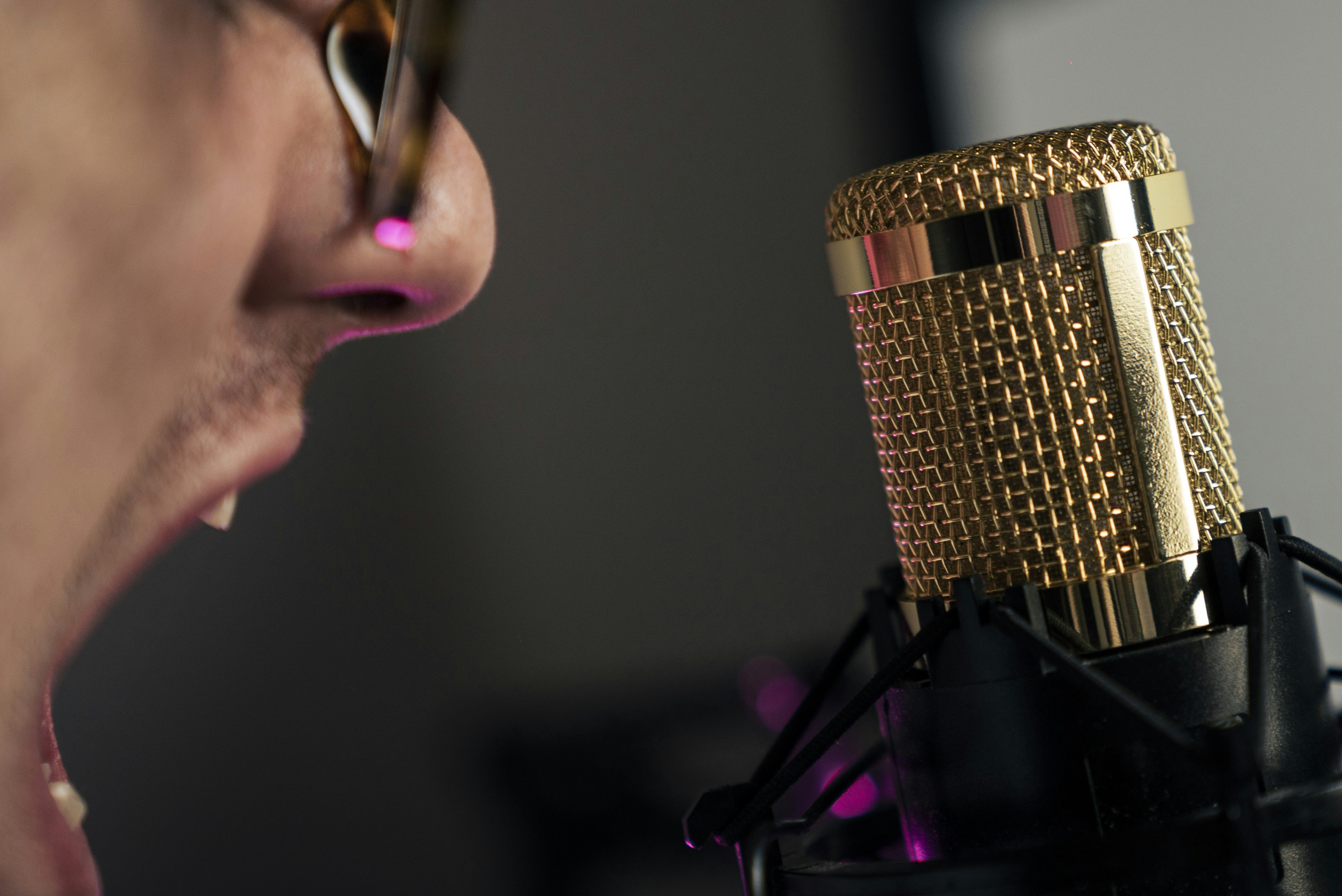When it comes to singing and performing, the right microphone can make all the difference. Imagine belting out your favorite tune, only for your voice to get lost in a sea of static or distortion. A good microphone not only amplifies your voice but also captures its unique nuances, allowing you to connect with your audience on a deeper level. Whether you’re on stage at a packed venue or recording in your home studio, finding the perfect microphone is crucial for elevating your sound.
But with so many options available, how do you choose? From dynamic mics that thrive in live settings to condenser mics that excel in studio environments, understanding what each type offers can be overwhelming. Fear not! This guide will help you navigate through the choices and find the best microphone for singing and performances tailored just for you. Let’s dive into this sonic adventure together!
The importance of a good microphone for singers and performers
A good microphone is a singer’s best friend. It transforms your voice, enhancing every note and emotion you convey to the audience. Without quality equipment, even the most talented performers can struggle to make an impact.
Imagine stepping onto stage with a subpar mic. Your vocals might sound muffled or distorted, leaving the audience disconnected from your performance. A high-quality microphone singing microphone ensures clarity and richness in your sound, capturing every delicate nuance of your singing.
Moreover, microphones are not just tools; they’re extensions of your artistry. The right one allows you to express yourself fully—whether you’re belting out power ballads or whispering soft melodies. Investing in a reliable microphone means investing in your craft, ensuring that each performance resonates long after you’ve left the stage.
Different types of microphones: Condenser, Dynamic, and Ribbon

Microphones come in various types, each suited for different purposes. Understanding these types can help you make an informed choice.
Condenser microphones are known for their sensitivity and clarity. They capture high-frequency sounds exceptionally well, making them ideal for studio recordings. Vocalists often favor them when they want to showcase the nuances of their voice.
Dynamic microphones are robust and versatile. They handle high sound pressure levels beautifully, which makes them perfect for live performances. Their durability ensures that they can withstand the rigors of touring without compromising on quality.
Ribbon microphones have a vintage charm and offer a warm sound profile. While they’re less common than condensers or dynamics, many artists appreciate their unique character in certain musical contexts, especially jazz and blues genres.
Each microphone type has its strengths and weaknesses; understanding these will lead you to the right fit for your singing needs.
Factors to consider when choosing a microphone: sound quality, versatility, and budget
When selecting a microphone for singing, sound quality is paramount. Look for clarity and warmth that complements your vocals. A great mic should capture the nuances of your voice without distortion.
Versatility also plays a crucial role. Consider how you’ll use the microphone—live performances, studio recordings, or both? Some models excel in specific settings while others offer adaptability across various environments.
Budget is another significant factor to weigh carefully. While high-end microphones can deliver exceptional performance, there are plenty of affordable options that still provide impressive sound quality. It’s essential to strike a balance between cost and features based on your unique needs as an artist.
Remember to think about connectivity too; some mics require additional equipment like audio interfaces or mixers which can affect overall expenses. Choose wisely!
Top 5 microphones for singing and performances: Shure SM58, Audio-Technica AT2035, AKG C414 XLII, Blue Yeti Pro, Neumann TLM 102
When it comes to live performances and studio recordings, the right microphone can make all the difference. Here are five standout options that cater to various needs.
The Shure SM58 is a classic choice for singers. Renowned for its durability and reliability, this dynamic microphone delivers excellent vocal clarity on stage.
For those seeking versatility in studio settings, the Audio-Technica AT2035 shines. Its impressive frequency response captures vocals with warmth and detail.
Next up is the AKG C414 XLII, a true powerhouse in professional environments. With multiple polar patterns, it’s perfect for both solo performances and group recordings.
If you’re leaning towards USB mics, consider the Blue Yeti Pro. This versatile option offers high-quality audio capture along with easy connectivity to computers.
The Neumann TLM 102 stands out due to its exceptional sound quality in a compact design. Ideal for capturing every nuance of your voice during performances or sessions.
Tips for using and maintaining your microphone

To get the most out of your microphone, always handle it with care. Avoid dropping or knocking it against hard surfaces. A little extra caution can prevent major damage.
When not in use, store your microphone in a protective case. This keeps dust and moisture at bay, ensuring longevity.
Regularly check cables for wear and tear. Frayed wires can lead to poor sound quality or even complete failure during performances.
Clean your microphone gently with a soft cloth. For dynamic mics, ensure you don’t press too hard on the mesh screen to avoid damaging internal components.
Consider using a pop filter if you’re recording vocals regularly. It helps reduce plosive sounds that can distort audio quality.
Keep an eye on battery levels if you’re using wireless microphones. A last-minute change could save you from unexpected interruptions during shows.
6
Choosing the right microphone for singing and performances can significantly impact your sound quality and overall stage presence. A good microphone not only enhances your voice but also adds to the audience’s experience. Whether you’re a professional artist or an aspiring singer, investing in the right equipment matters.
Regular maintenance of your microphone is essential to keep it functioning at its best. After each use, store it safely in a case to avoid physical damage. Always check technology for any loose connections or cables before performances. Keeping your mic clean will prevent buildup that can affect sound quality over time.
Experiment with different placements and techniques during practice sessions to find what works best for you. Trusting your gear will boost confidence while performing live or recording music.
Finding the perfect microphone tailored to your needs may take some time, but it’s worth every effort when you hear that polished sound coming through! Your voice deserves nothing less than excellence when sharing it with the world.

